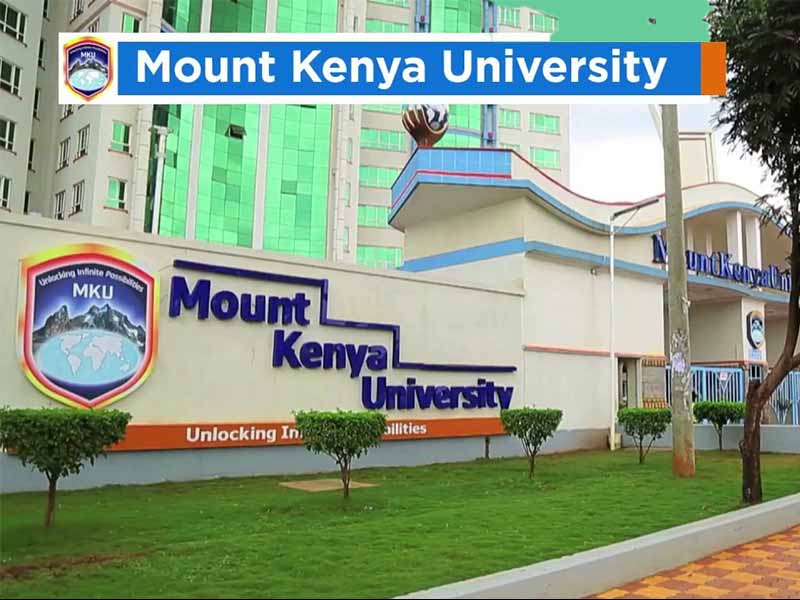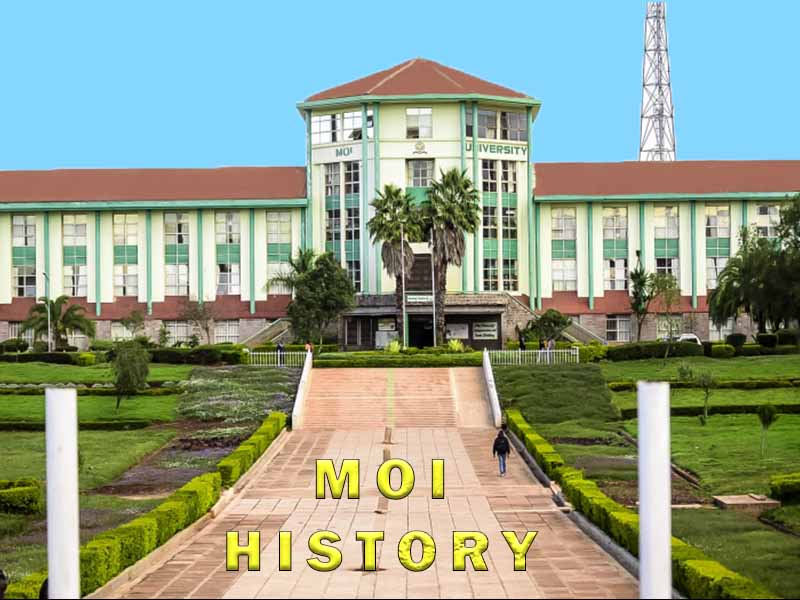MKU is one of the most preferred higher learning centers in the larger East Africa. The institution was established in the 90s to pave the way for both academic excellence and community service.
We take a quick look through various milestones that were significant in the endorsement of the university’s academic standards and governance.
History of Mount Kenya University since 1996
MKU with more than 14 campuses in Kenya and a student population exceeding ten thousand continues to excel as an international higher learning center under the Vice Chancellor Prof Deogratius Jaganyi.
When was MKU established?
1. MKU was founded in 1996
The prestigious MKU dates back to 1996 when its precursors, the Thika Institute of Technology (TIT) and the Computer Outreach Programme, were founded.
The Computer Outreach Programme initiated in 1996 was renamed Thika Institute of Technology in 2000.
The Thika Institute of Technology was later renamed Mount Kenya University in 2008.
2. Upgrade into a commercial college in 2000
Effective in 2000, the Thika Institute of Technology quickly evolved into a commercial college offering management and computer training programs.
It all followed recognition and full registration approval from the Ministry of Education Science and Technology.
The institution enjoyed a good reception amid the inception of Information Communication Technology in the country.
3. Inception of paramedical training in 2002
In the pursuit of relevance, TIT initiated paramedical, Information Technology, business, and entrepreneurship studies in 2002.
By the year 2005, the institute qualified as the first private institution in Kenya to train Pharmaceutical Technologists.
The privilege came upon meeting all standards set by the Pharmacy and Poisons Board of the Ministry of Health.
4. Starting to collaborate with JKUAT in 2006
In 2006, the college started collaborating with the Jomo Kenyatta University of Agriculture and Technology under the watch of the Commission for Higher Education (CHE).
MKU was eventually allowed to offer Diploma and Degree programs as a privately funded University.
5. MKU was accredited in 2011
The Commission for University Education accredited Mount Kenya University as a full-fledged university on January 26th, 2011 following a successful application.
The ISO certification of Registration followed on December 19th, 2012.
Some of the courses introduced in the year 2011 include the School of Law, the School of Medicine, and the School of Engineering.
6. Mount Kenya University has 14 campuses in Kenya
MKU campuses are located in major towns such as Nairobi, Parklands, Mombasa, Nakuru, Eldoret, Nkubu, Meru, Kakamega, and Kisii.
In addition, the University has study centers in Malindi, Kisumu, Nyeri, and Kericho
Some of the MKU campuses in Kenya are listed below.
- Thika campus
- ODEL campus
- Nairobi campus
- Parklands law school
- Mombasa Campus
- Nakuru campus
- Eldoret campus
- Meru campus
- MKU Rwanda
There are also marketing offices in Garissa, Isiolo, and Kitale.
7. MKU has campuses in 6 countries
- Hargeisa – ODeL Study Centre
- Kenya – 14 campuses and centres
- Uganda – Study Centre at Kampala
- Garowe – Study Centre at Puntland
- Burundi – ODeL study Centre at Bujumbura
- Rwanda – Kagarama Campus with hostels, swimming pool, and Royal FM Radio
Use MKU contacts provided below for more information.
| Telephone | +254672820 000 |
| Website | https://mku.ac.ke |
| Address | education@mku.ac.ke |
| Motto | Unlocking Infinite Possibilities |
Established to meet the growing demand for higher education and foster national development, MKU’s history is a testament to its commitment to academic excellence and community service.
I explore diverse topics with clarity to keep you informed and your businesses profitable. Besides, I am a website developer, ICT consultant, and graduate mechatronics engineer. Lets Chat on WhatsApp.

